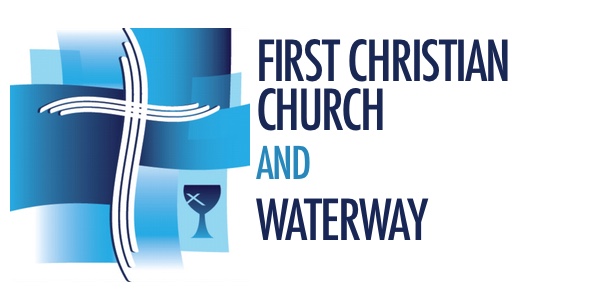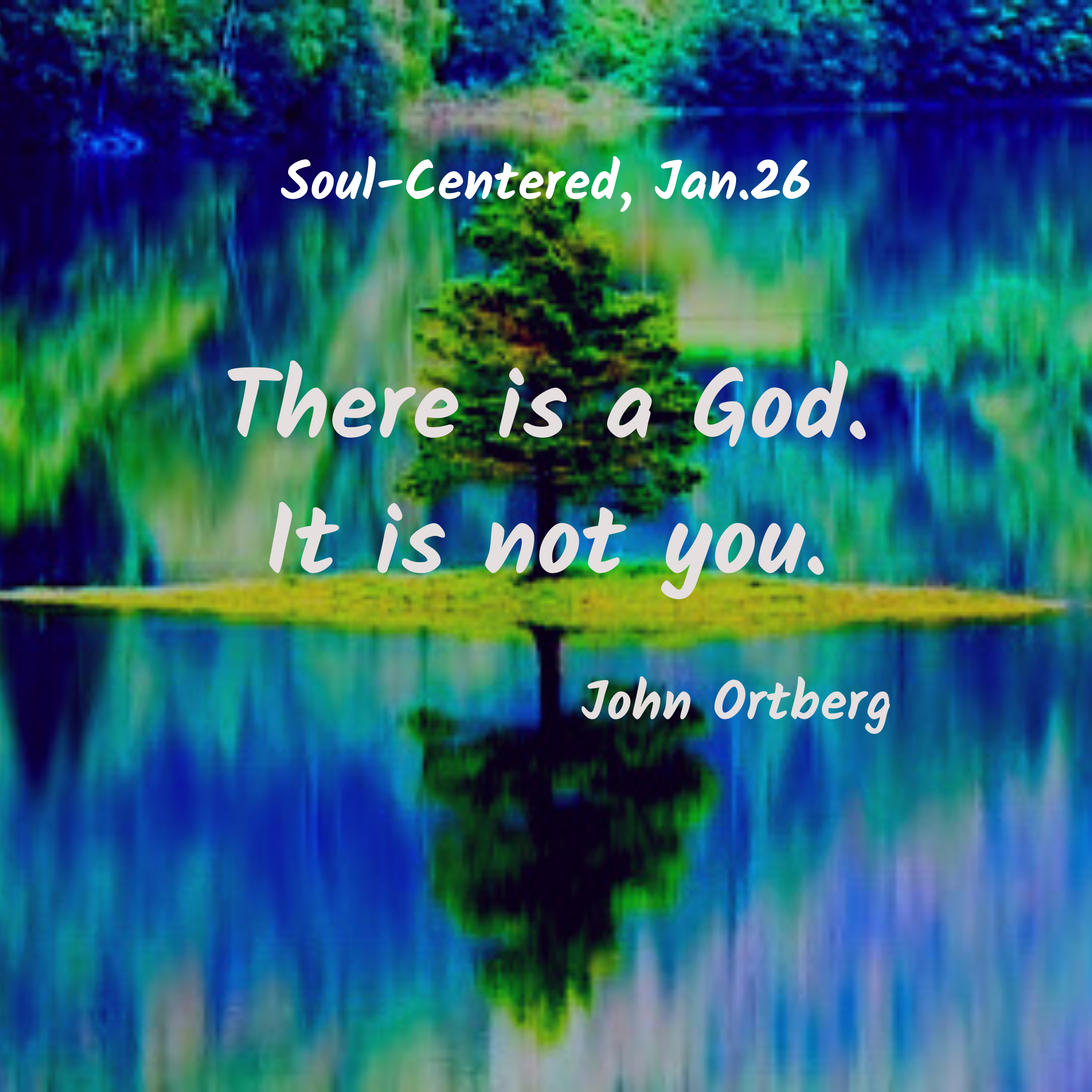As we have discussed throughout this series, to live a soul-centered life is to live authentically, and that requires being honest with ourselves and others about the issues and obstacles we face, both individually and communally. At times, those issues and obstacles can seem downright overwhelming - and it is precisely those times when we need a sort of spiritual balm. As I mentioned Sunday, weeping itself can be a bit of a balm for the soul, even though that runs counter to what we are sometimes taught. Especially as people of faith, we sometimes feel as though we should be able to put on a happy face, masking our pain, pretending as though we have enough faith that we aren’t all that bothered by whatever problems we are confronting. So all too often, we hide and deny our pain, pretending like everything is fine - sometimes to the degree that we not only try to fool others, but even ourselves. But generally speaking, the more we deny, the more the pain festers and grows.
Our weeping is not an indicator that we succumb to whatever the difficulty may be, but is an indicator that we understand the suffering and we are willing to engage it, to feel it - which in the end, is the only way to authentically deal with it. Weeping is like a release valve for the stress, grief, anxiety, and fear we sometimes feel, serving as a sort of physiological and emotional detox necessary for our healing. As an old Jewish proverb says, "What soap is for the body, tears are for the soul."
The point is not that we are all called to weep. The point is that we are called to get real. Only in getting authentic - with ourselves, with one another, and with God - can we live into our true identities as reflections of the God in whose image we are made. As Thomas Merton writes in New Seeds of Contemplation, “For me to be a saint means to be myself. Therefore the problem of sanctity and salvation is in fact the problem of finding out who I am and of discovering my true self… God leaves us free to be whatever we like. We can be ourselves or not, as we please. We are at liberty to be real, or to be unreal. We may be true or false, the choice is ours. We may wear now one mask and now another, and never, if we so desire, appear with our own true face. But we cannot make these choices with impunity. Causes have effects, and if we lie to ourselves and to others, then we cannot expect to find truth and reality whenever we happen to want them. If we have chosen the way of falsity we must not be surprised that truth eludes us when we finally come to need it! Our vocation is not simply to be, but to work together with God in the creation of our own life, our own identity, our own destiny.… This means to say that we should not passively exist, but actively participate in God’s creative freedom, in our own lives, and in the lives of others, by choosing the truth. To put it better, we are even called to share with God the work of creating the truth of our identity... To work out our own identity in God, which the Bible calls “working out our salvation,“ is a labor that requires sacrifice and anguish, risk and many tears. It demands close attention to reality at every moment, and great fidelity to God as He reveals Himself, obscurely, in the mystery of each new situation.”
To become soul-centered requires authenticity. It requires admitting our pain, entering into our pain, learning from our pain. It’s time to set the masks aside.




















